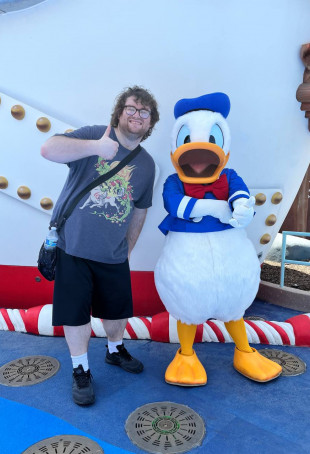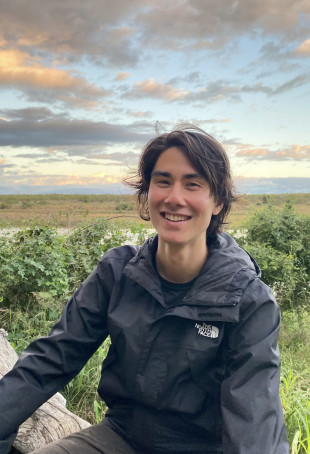- <a href="/live/image/gid/647/width/650/86678_Words_and_Numbers.jpg" class="lw_preview_image lw_disable_preview" tabindex="-1"><picture class="lw_image lw_image86678"> <source type="image/jpeg" media="(max-width: 500px)" srcset="/live/image/gid/647/width/500/height/479/crop/1/86678_Words_and_Numbers.rev.1610665810.jpg 1x"/> <source type="image/jpeg" media="(min-width: 501px)" srcset="/live/image/gid/647/width/720/height/690/crop/1/86678_Words_and_Numbers.rev.1610665810.jpg 1x"/> <img src="/live/image/gid/647/width/720/height/690/crop/1/86678_Words_and_Numbers.rev.1610665810.jpg" alt="Numbers teaches students to interpret quantitative information presented in various forms and contexts." width="720" height="690" data-max-w="932" data-max-h="932" loading="lazy"/> </picture> </a><div class="hero-split_image_caption collapsable-caption"><em>Numbers</em> teaches students to interpret quantitative information presented in various forms and contexts.</div>
First-Year Seminar
Words and Numbers are your first-year seminar classes.
At Lewis & Clark, you’ll take one faculty-led foundational seminar per semester. These small classes (19–25 students) are designed to help you develop the reading, writing, discussion, and analytical skills you will need to succeed in college and for life. One of your two courses will focus on interpreting the meaning and significance of texts (CORE 120: Words), the other on interpreting quantitative information and models (CORE 121: Numbers). These are not simply writing and math classes; rather, these courses allow you to explore a specialized topic of particular interest with a faculty member and a small group of students.
Words teaches students to explore the meaning and significance of texts via close reading and analysis, and to express that analysis in writing.
Numbers teaches students to interpret quantitative information presented in various forms and contexts; to understand the logical structure of quantitative arguments; and to use quantitative models, theories, and data to simplify, explain, and make predictions.
- Terin Trachtenberg BA ’21
I tried an introductory computer science course, and as cliche as it sounds, everything just kind of clicked. I appreciated the hands-on approach to learning, I felt comfortable around my fellow classmates, and I had an eagerness to learn more.
Lincoln City, OregonMore about Terin - Hanna Varga BA ’18
I loved the material, the experiments, the real-life applications, and most of all the phenomenal faculty and cohort I had in my chemistry major.
Székesfehérvár, HungaryMore about Hanna - Ryan Nguyen BA ’19
When I first enrolled in General Chemistry I, I had no idea that it would lead me to a degree and eventually a career in chemistry. The small size of the chemistry department also allowed me to make lifelong connections with the faculty and my fellow classmates.
Santa Rosa, CaliforniaMore about Ryan
First-Year Seminar News
Words and Numbers is located in room 404 of Miller Center on the Undergraduate Campus.
MSC: 83
email GenEd@lclark.edu
voice 503-768-7208
Director: Kundai Chirindo
Admin: Dawn Wilson
Words and Numbers
Lewis & Clark
615 S. Palatine Hill Road MSC 83
Portland OR 97219


